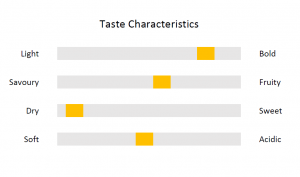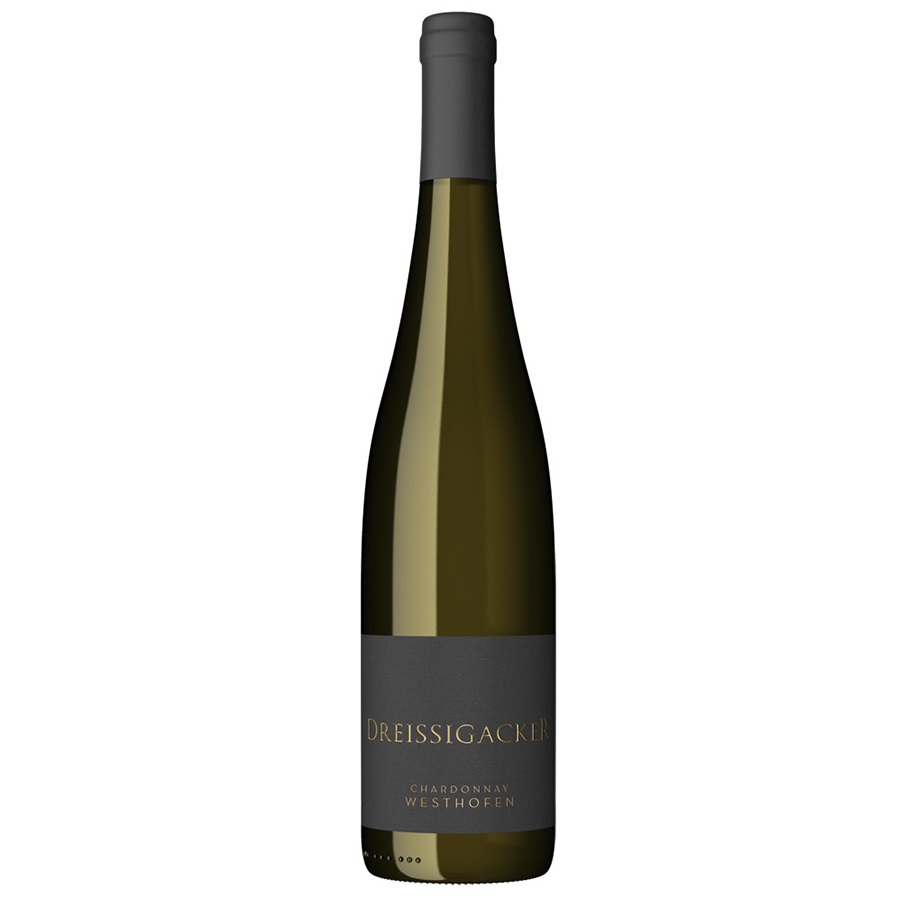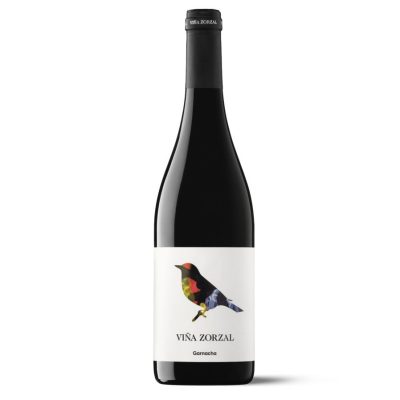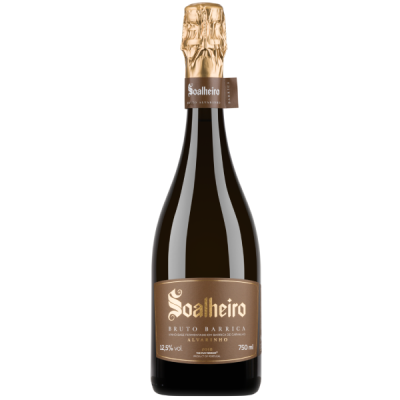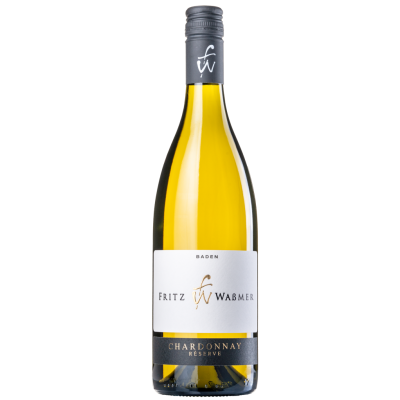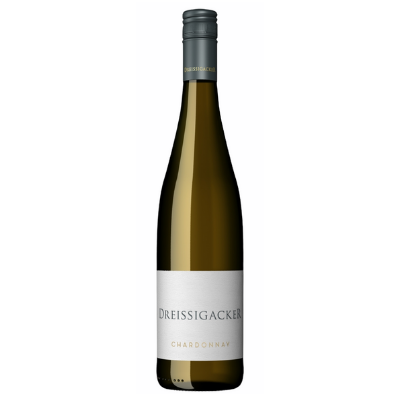Related products
You may also like…
Description
Vintage
Compared to the optimal vintage 2018 with its unbelievably high yields, 2019 is clearly below average in this respect. Nationwide, this meant a 13% lower yield. 2019 made it difficult for the winegrowers in many places with frost on the one hand and sunburn, great heat and drought on the other. Despite the difficult conditions, 2019 produced incredibly good wines.
Wine
The Chardonnay grapes ripen in the cool, windy locations of Westhofen, which are farmed organically. After the selective manual harvest into small containers, the grapes were gently pressed with the feet and then rested on the mash for about 12 hours.
The aging took place 100% in tonneau wooden barrels. After a year of storage on the full yeast, the wine was still on the fine yeast until it was bottled. As is usual with Dreissigacker, great importance is attached to careful processing of the Westhofen Chardonnay. In this respect, the grapes were transported exclusively by gravity, and the wine was aged without the addition of treatment agents.
The grape variety Chardonnay stands for elegance and at the same time powerful wines and therefore goes well with the cool microclimate of Westhofen compared to the Bechtheim locations. Low temperatures emphasize the freshness and elegance of the Westhofen Chardonnay. The expansion in wooden barrels and the long yeast storage complement the minerality of the wine. Both ensure a special harmony in the wine.
This is a fresh wine, with a pale golden yellow colour, a nutty character combined with some smoke and clear citrus aromas. On the palate it’s elegant, mineral and with a creamy finish.
Region
Rheinhessen is a very famous wine region in Germany, located in the state of Rhineland-Palatinate. It is one of the country’s 13 official wine regions and is known for its rich winemaking history and high-quality wines. Rheinhessen is the largest wine-producing region in Germany, covering an area of approximately 26,500 hectares of vineyards.
Rheinhessen lies to the west of the Rhine River and is bordered by the Nahe wine region to the northwest and the Pfalz wine region to the south. The region’s landscape is characterized by gently rolling hills and a temperate climate that is influenced by the river.
Climate & Terroir
Spring in Rheinhessen tends to be cool, which can be challenging for the early growth of grapevines. Frosts can occur in spring, posing a risk to the young buds.
Summers in Rheinhessen are generally warm, allowing the grapes to ripen and develop their flavors. However, the presence of the Rhine River and its cooling effect helps to prevent extreme heat waves.
The region benefits from a relatively long growing season, allowing the grapes to reach full maturity. This extended ripening period contributes to the development of complex flavors and balanced acidity in the wines.
The region’s moderate climate with warm days and cool nights in autumn is particularly favorable for the late ripening grape varieties like Riesling. This combination helps the grapes retain acidity while achieving sufficient sugar levels, leading to the production of high-quality wines.
Ideal drinking temperature 11° Celsius.
